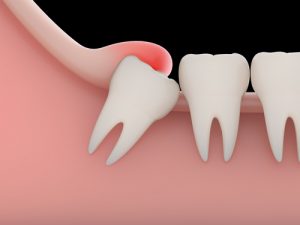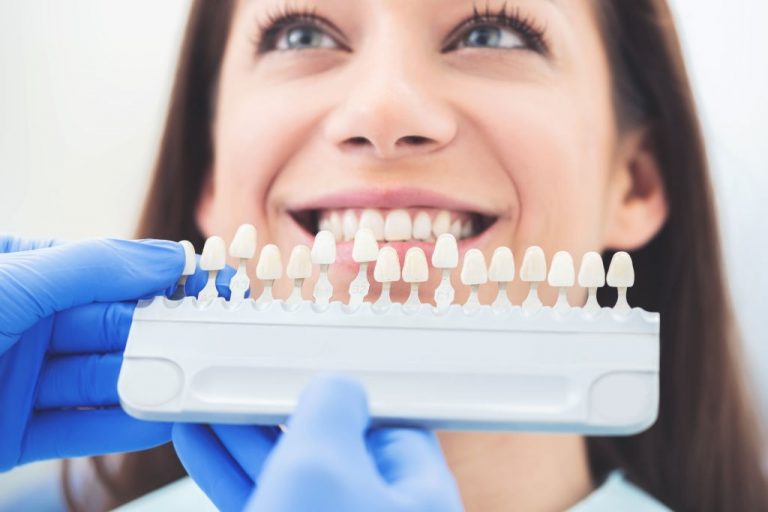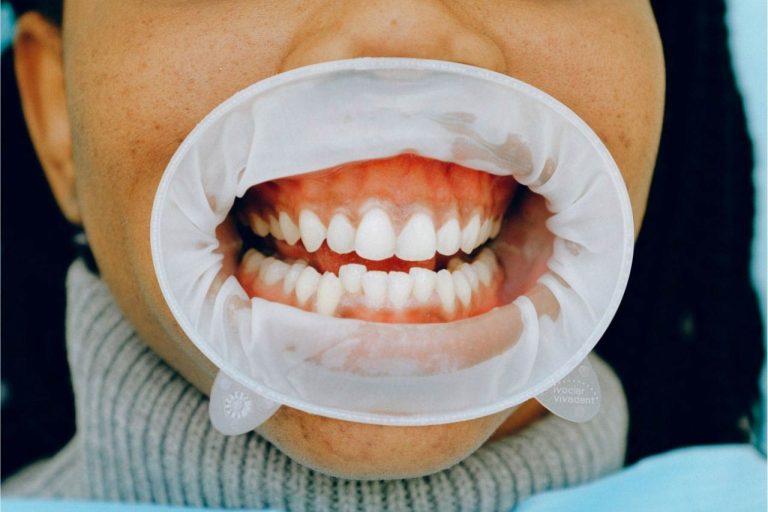Wisdom teeth usually start to come through (erupt) around the age of 17 to 25. Majority of people have four wisdom teeth. However, some people may have less than four and others may even have extra wisdom teeth. However, only about four percent of the population have space in their mouth for their wisdom teeth and most people do not have adequate space which can result in decay, pain, swelling or damage to adjacent teeth.
Wisdom teeth usually needs removal if they are causing discomfort or pain. In some cases, patients may not have any discomfort and may be unaware of any problems, but a dentist may detect problems or potential problems if the wisdom teeth are not removed. A special x-ray, called an OPG, is often done to assess the presence and position of wisdom teeth.
 Wisdom teeth often comes through on an angle or sideways in the jaw or may be hard to access to clean and result in problems. As most people have access to professional dental care these days and usually have their full set of teeth, wisdom teeth become extra teeth that do not serve any function and in fact may cause problems to the adjacent teeth and soft tissues. Hence, your dentist may recommend removal of your wisdom teeth. The ease of wisdom teeth removal range widely depending on many factors such as the level of impaction and the patient’s age, medical history and anatomy.
Wisdom teeth often comes through on an angle or sideways in the jaw or may be hard to access to clean and result in problems. As most people have access to professional dental care these days and usually have their full set of teeth, wisdom teeth become extra teeth that do not serve any function and in fact may cause problems to the adjacent teeth and soft tissues. Hence, your dentist may recommend removal of your wisdom teeth. The ease of wisdom teeth removal range widely depending on many factors such as the level of impaction and the patient’s age, medical history and anatomy.
Many people are often nervous at the thought of removing their wisdom teeth but there are different ways to remove wisdom teeth. For example, the procedure can be done with a patient awake and just with local anaesthetic, or the patient can be put to sleep under general anaesthesia. The decision on which method the procedure is carried out usually depends on factors such as the ease of the procedure and the patient’s preference.
After wisdom teeth are removed, most patients will experience pain in the first week post-surgery and will be prescribed painkillers. Patients should avoid working for about a week, especially if work involves a lot of talking or can be strenuous. During this time, patients should have plenty of rest and eat soft nutritious food.
If you are experiencing pain with your wisdom teeth or unsure if your wisdom teeth need removal, please see your dentist for an assessment.



